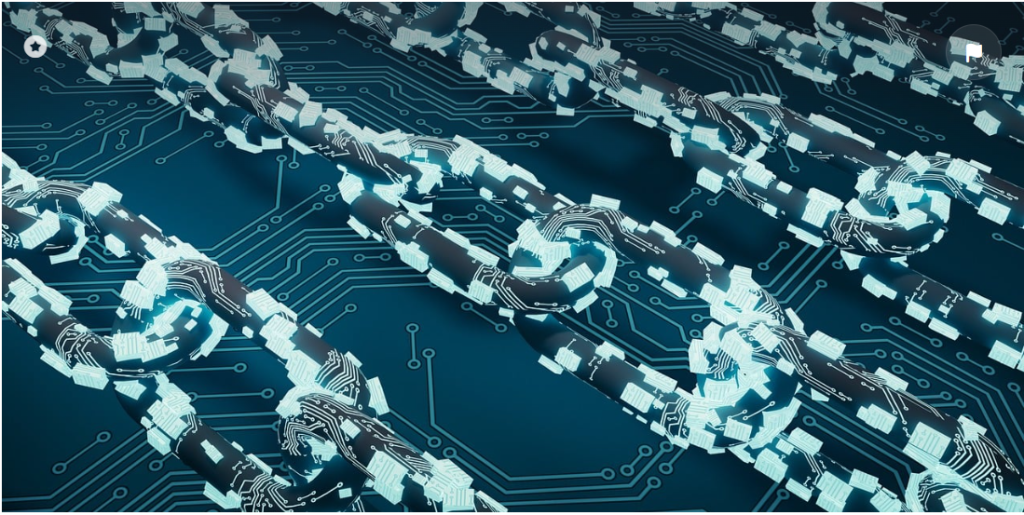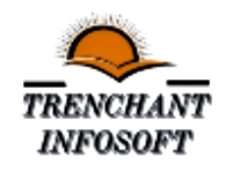
Enterprise Resource Planning (ERP) and blockchain technology are two powerful tools that can have a significant impact on the manufacturing industry. Here’s an overview of how each technology can benefit manufacturing and how they can complement each other:
1. ERP (Enterprise Resource Planning) in Manufacturing: ERP systems are comprehensive software solutions that help manufacturers manage various aspects of their operations, from production planning to inventory management and financials. Here are some ways ERP is valuable in manufacturing:
- Process Optimization: ERP systems enable manufacturers to streamline and optimize their business processes. They provide real-time visibility into production, inventory, and sales data, allowing for better decision-making and resource allocation.
- Inventory Management: ERP systems help manufacturers keep track of inventory levels, reduce carrying costs, and ensure that the right materials are available at the right time to meet production demands.
- Quality Control: ERP systems can include quality management modules to monitor and control product quality throughout the manufacturing process. This is crucial for ensuring consistency and compliance with industry standards.
- Supply Chain Management: ERP systems facilitate better supply chain management by providing insights into supplier performance, demand forecasting, and procurement processes.
- Cost Reduction: By improving efficiency and reducing waste, ERP systems can lead to cost reductions in manufacturing operations.
2. Blockchain Technology in Manufacturing: Blockchain is a distributed ledger technology that offers transparency, security, and traceability. In manufacturing, it can be applied in various ways:
- Supply Chain Transparency: Blockchain can provide end-to-end visibility into the supply chain. Each transaction or movement of goods can be recorded on the blockchain, allowing manufacturers to trace the origin of raw materials and components and verify their authenticity.
- Smart Contracts: Smart contracts, which are self-executing contracts with the terms of the agreement directly written into code, can automate and secure various manufacturing processes, such as payment verification, quality control, and maintenance schedules.
- Product Authentication: Blockchain can be used to create a tamper-proof record of product information, allowing consumers to verify the authenticity and origin of products, which is particularly important in industries like food and pharmaceuticals.
- Intellectual Property Protection: Manufacturers can use blockchain to protect intellectual property rights by timestamping and securely storing design and manufacturing data.
3. Combining ERP and Blockchain in Manufacturing: Combining ERP systems with blockchain technology can enhance manufacturing operations in the following ways:
- Data Integrity: Blockchain ensures data integrity by providing a secure and immutable ledger for recording transactions and data. ERP systems can leverage this to ensure that all data within the ERP is accurate and tamper-proof.
- Supply Chain Traceability: By integrating blockchain into the ERP system, manufacturers can offer customers and stakeholders real-time visibility into the supply chain, enhancing trust and transparency.
- Automated Transactions: Smart contracts on the blockchain can automate certain transactions and processes within the ERP system, reducing the need for manual intervention and minimizing errors.
- Enhanced Security: Blockchain’s decentralized and cryptographic nature enhances data security within the ERP system, protecting sensitive information from unauthorized access and cyberattacks.
- Compliance and Auditing: Blockchain’s transparent and auditable nature simplifies compliance reporting and auditing processes, which can be particularly important in regulated industries.
In conclusion, ERP and blockchain technology can work together to transform manufacturing by improving efficiency, transparency, and security throughout the supply chain and manufacturing processes. The combination of these technologies can lead to a more agile, cost-effective, and trustworthy manufacturing ecosystem.
#trenchant #trenchantinfosoft
